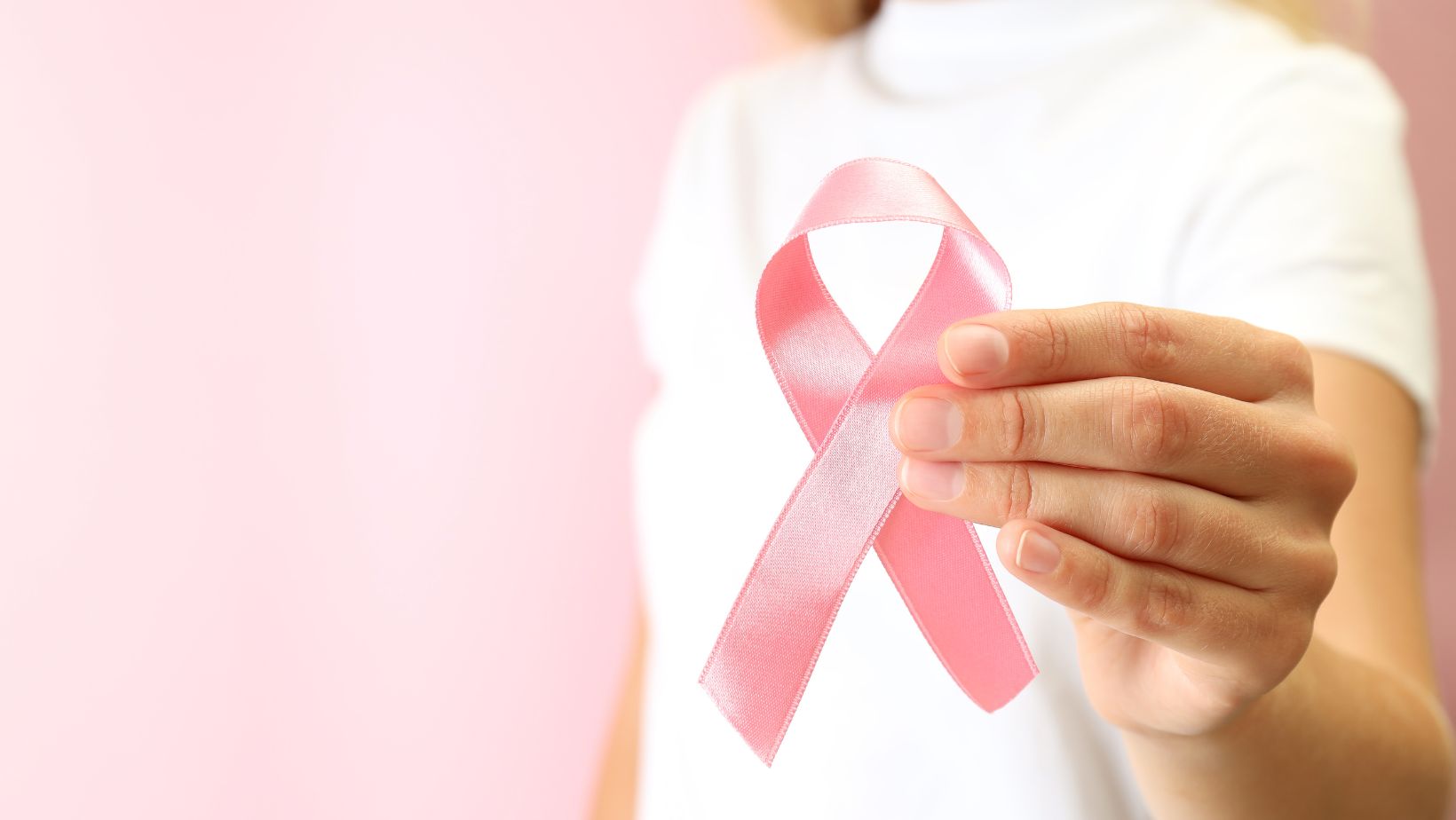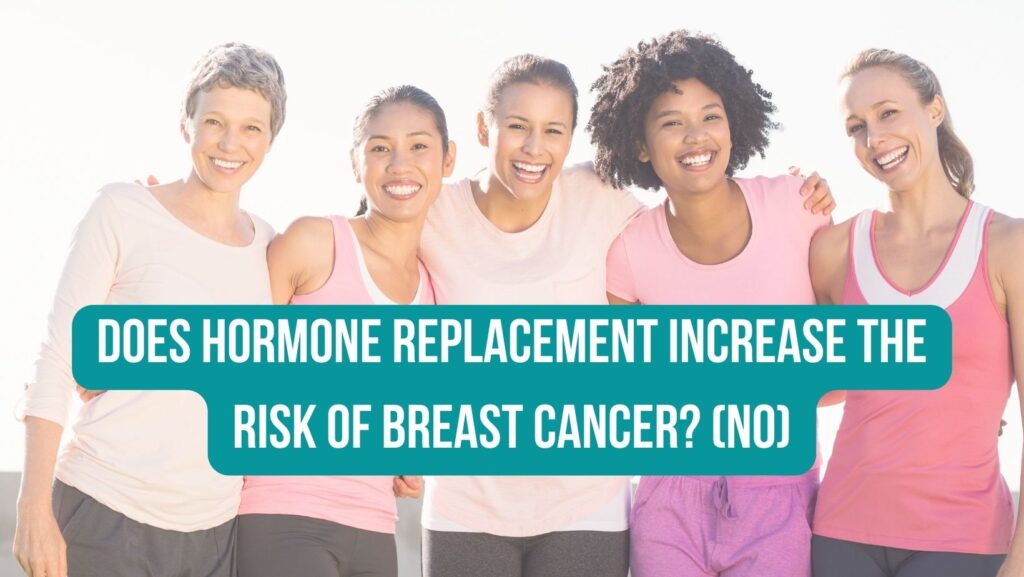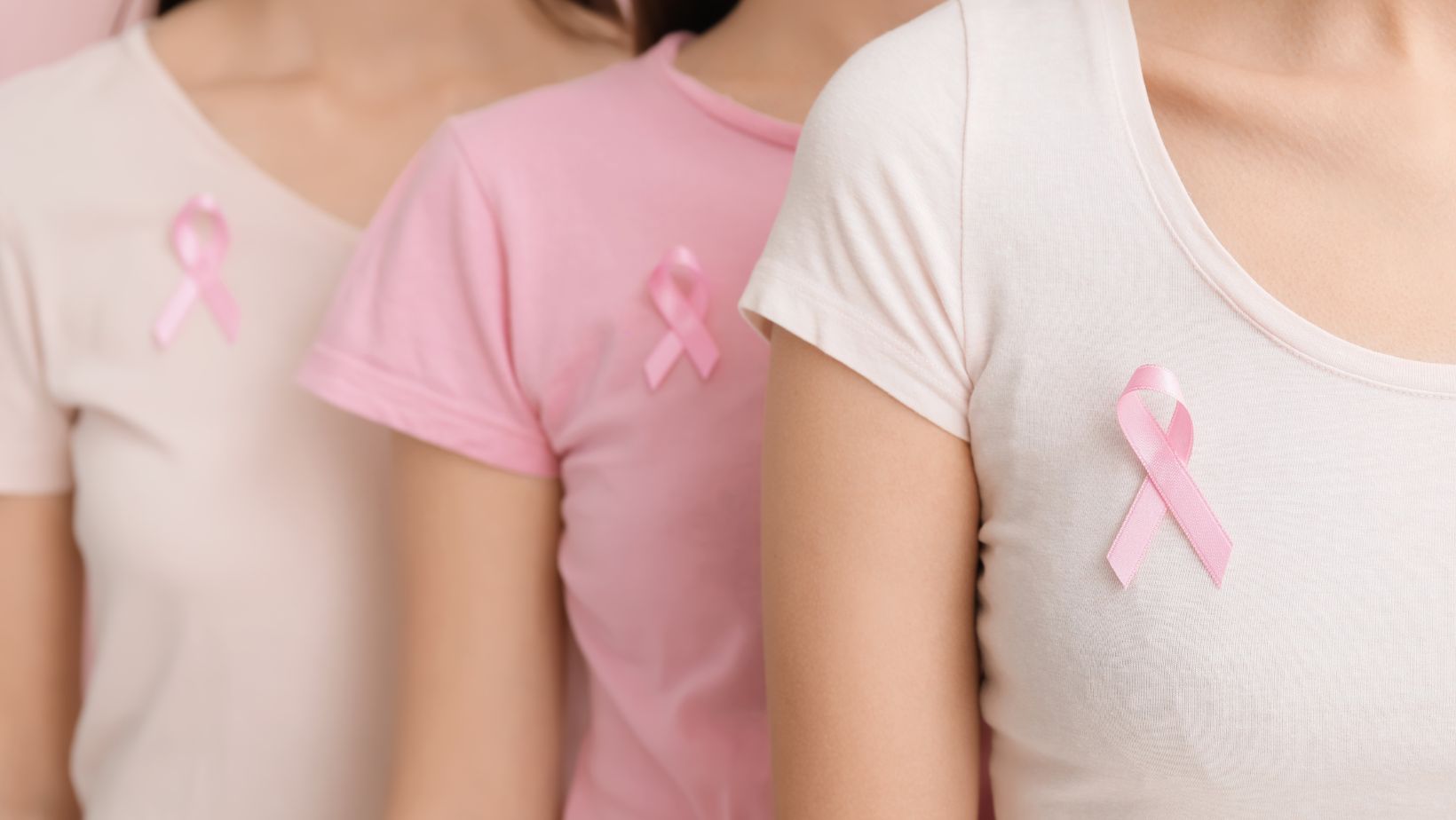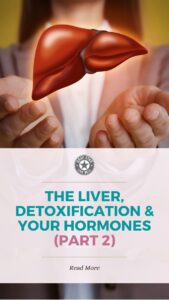It’s time to look at the facts, rather than lean into the fear. Bioidentical Hormone Replacement DOES NOT INCREASE CANCER RISK
The number one reason that women avoid hormone therapy during and after menopause is the fear of breast cancer. But did you know that bioidentical estrogen and progesterone does NOT increase your risk of developing breast cancer, but instead reduces risk?
Of course, I would expect you to believe me without learning more of the facts. So, here are the facts.
Most of the fear and confusion began when the headlines from the 2002 Women’s Health Initiative read “Study halted. Estrogen increases the risk of breast cancer!!” As you can imagine, women stopped hormones immediately, afraid of what might happen if they continued.
Unfortunately, the headlines were not accurate and the study was not conducted on the type hormones being used today. And while this study is over 20 years old, and there is new and better information, many physicians and women still believe it.
Here’s what was found in the 2002 WHI
- Women who took conjugated equine (horse) estrogen and the synthetic progestin, medroxy progesterone acetate (MPA) combined had a 26% increase in developing breast cancer compared with women who did not take hormones. This percentage in absolute numbers is equal to less than one additional case of breast cancer per every 1000 women per year. This risk was ONLY increased in the women who took the synthetic medroxy progesterone acetate (MPA)
- In women who had hysterectomies and took estrogen only there was actually a decrease in breast cancer risk.
Let’s compare that to what we have learned from more recent research from the UK.
- Women who used estrogen only did NOT have an increased risk of developing breast cancer over nonusers. No increase in breast cancer was linked to using estrogen alone. This result is the same as in the WHI.
- Women who took estrogen and bioidentical progesterone had NO increased risk of breast cancer.
- The only group of women who had an increased risk of breast cancer were those who took estrogen and a synthetic progestin (MPA).
To summarize
- The WHI didn’t study bioidentical progesterone.
- Estrogen does NOT increase risk of breast cancer.
- Bioidentical progesterone does NOT increase risk of breast cancer.
- Synthetic progestins show a slight increase in risk of breast cancer.
Unfortunately, very few physicians have an understanding of menopause and hormone replacement. Many are still making recommendations based on the outdated WHI headlines and a misunderstanding about the differences between bioidentical and synthetic hormones. Do not let false information determine your ability to get started with BHRT if you are a candidate.

I’m a proponent of replacing missing hormones, but I also understand that BHRT may not be the right decision for every woman. The choice to use bioidentical hormone replacement is a personal one. Understanding your family history, genetics, current health status, estrogen metabolism pathways and any other risk factors is an important part of your decision. Work with a qualified provider to ensure that you are able to get the support you need to make the best decision for you and your health; a decision based on facts, not fear.











